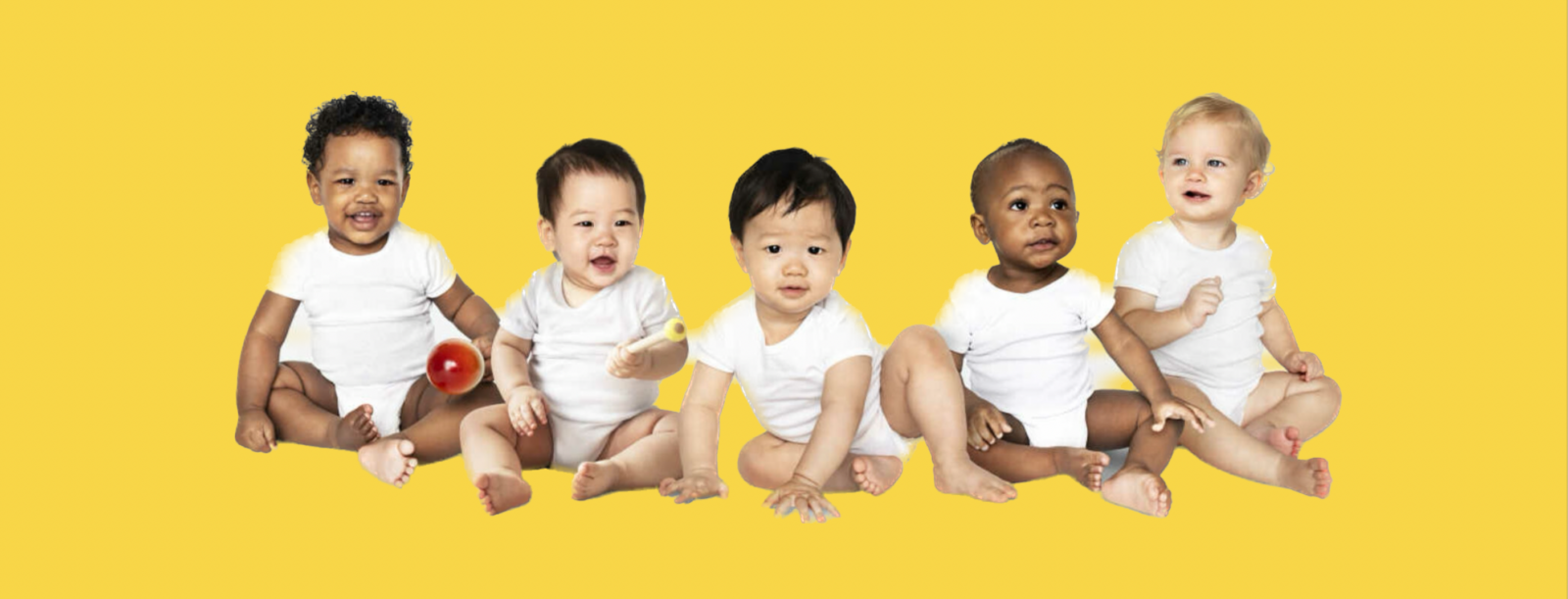Internships
There are currently no internships available, we will update this page when new positions become available.
If you are a Swedish-speaking student and you are interested to work for us as a student assistant, please check out this page: Join Our Team: Swedish-speaking Student Assistants Needed for the SoundStart project

